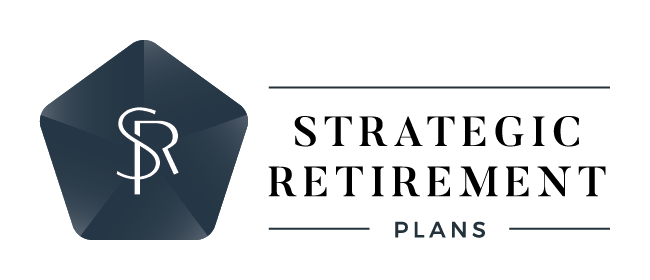Do you know anyone graduating this year? According to the Project on Student Debt, an initiative sponsored by the Institute for College Access & Success, graduating seniors carried an average of more than $26,000 in student loans in 2011. With that in mind, we’ve compiled some ideas designed to help new grads take charge of their finances.
Controlling student loan debt
- Know your loan repayment options. For federal loans, you may be able to reduce your payments by choosing a different type of repayment plan.
- With a graduated plan, your payments start low and then gradually increase, usually every two years.
- With an extended plan, you can stretch your payments over a period of up to 25 years, but you must have an outstanding loan balance greater than $30,000.
- With an income-based plan, your payments fluctuate each year based on annual income, household size, and loan balance.
- Look into consolidating your loans. By combining multiple student loans into one, possibly at a lower or fixed interest rate, consolidation programs may allow you to dramatically reduce your monthly payments. To learn more, visit www.studentaid.gov and click on Repay Your Loans > Loan Consolidation.
- Consider public service. If you enter a field dedicated to public service (including the Peace Corps and AmeriCorps), your outstanding loan balance may be eligible to be forgiven; for more details, go to www.studentaid.govand click on Repay Your Loans > Forgiveness, Cancellation, and Discharge.
- Don’t miss payments. Missing payments hurts your credit. Plus, the government can confiscate your tax refund and even some of your wages to collect the amount you owe.
Keeping your day-to-day finances in check
- Try online budgeting tools. Sites such as www.mint.com and www.yodlee.com can help give you a complete picture of your finances by tracking your expenses, showing you where you’re spending most of your money, and organizing your accounts.
- Watch your credit. You need a good credit score to lease an apartment, get a mortgage or a car loan, and even land a job. That’s why it’s essential to make loan payments on time and to avoid using more than 30 percent to 50 percent of any given credit line. Also, opt to keep old credit cards open and in good standing instead of closing them.
- Pay off higher-interest debt first. Many graduating seniors have at least one credit card, with an average of more than $4,000 in credit card debt, according to Credit.com. Depending on the card’s interest rate, it may make sense to pay off those balances before paying down student loans.
- Start saving for retirement today. Thanks to the power of compounding interest, saving early may make a significant difference. If your employer offers a retirement plan program, consider contributing what the company is willing to match. You may also want to consider a Roth IRA, which allows you to withdraw contributed funds early without penalty.
We’re here to help
Graduating students face a number of challenges when it comes to managing their finances. Beyond these tips, we’re happy to offer personalized advice to help you or someone you know start off on the right foot financially.
This material has been provided for general informational purposes only and does not constitute either tax or legal advice. Investors should consult a tax or legal professional regarding their individual situation. Investments are subject to risk, including the loss of principal. Because investment return and principal value fluctuate, shares may be worth more or less than original value.


